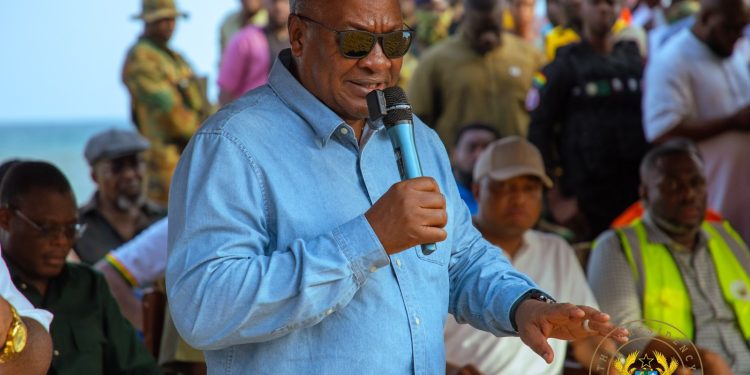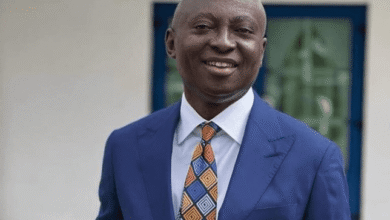It’s a tough call, but it’s necessary to save our power sector

President John Dramani Mahama has spoken out in defense of the controversial GH¢1 increase in the Energy Sector Recovery Levy (ESLA), describing it as a difficult but crucial step to rescue Ghana’s power sector from collapse.
In a statement on Tuesday, the President revealed that Ghana’s energy sector debt has ballooned to over US$3.1 billion, with an additional US$1.8 billion required to secure fuel for consistent thermal power generation in the coming months.
“The growing energy sector liabilities constitute the greatest existential threat to fiscal consolidation and macro-economic stability,” Mahama warned.
Parliament passed the Energy Sector Levies Act (Amendment) Bill, 2025, under a certificate of urgency on Monday, authorizing the GH¢1 hike. The revised levy is projected to rake in GH¢5.7 billion annually, funds the President says will be “strictly ring-fenced” to address legacy energy debts, ongoing fuel procurement, and ultimately prevent recurring power outages.
“This decision, though difficult, is necessary and justifiable. If left unaddressed, this situation significantly threatens national productivity and industrial growth,” Mahama emphasized.
According to the President, the revenue from the levy will not be funneled into the consolidated fund, but will instead be independently audited with regular public reports to ensure transparency and accountability.
In the short term, the money will be used to stabilize electricity supply by purchasing fuel. However, with more natural gas expected from Ghana’s ENI Sankofa, Jubilee, and TEN fields, as well as through the West African Gas Pipeline (WAGP), the government hopes to wean the country off expensive liquid fuels.
“At that stage, the resources generated by the increased levy will be channeled to pay down accumulated legacy debts in the power sector,” he noted.
President Mahama also assured Ghanaians that despite the levy increase, there will be no immediate fuel price hikes, thanks to recent gains in macroeconomic stability and a stronger cedi.
“We are fully aware of the burden this will place on households and businesses, but I want to assure Ghanaians that this decision was not taken lightly,” he said.
He concluded by reaffirming government’s commitment to reducing inefficiencies in the energy value chain and expanding targeted social interventions to protect the most vulnerable.




